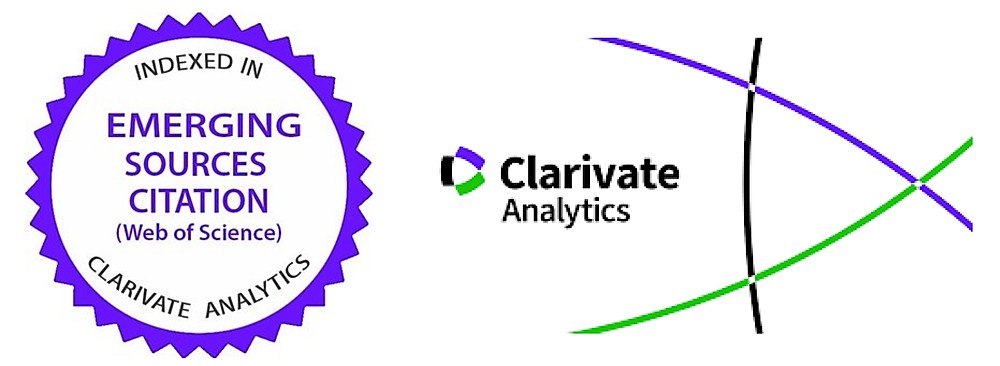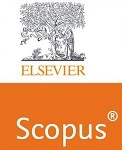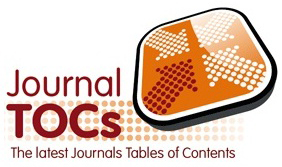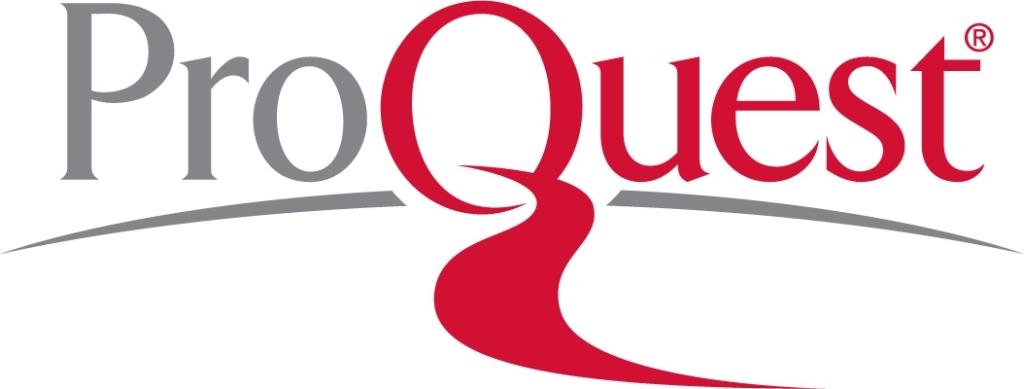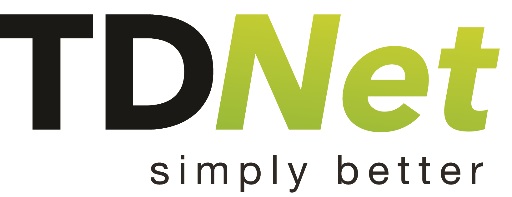The Relationship Between the Shadow Economy, Corruption, and Taxes: Empirical Evidence From Countries With High and Low Financial Development
Abstract
The paper explores the relationship between the shadow economy, corruption, and taxes in 25 high-financial developed countries (HFDCs) and 30 low-financial developed countries (LFDCs) using the PVAR method. The results of the impulse-response function show that the corruption perception index (CPI) has a positive correlation with tax revenue and the shadow economy in HFDCs, while tax revenue and the shadow economy are negatively correlated. In contrast, in LFDCs, the shadow economy has a positive correlation with tax revenue and a negative correlation with the CPI. In addition, the study also suggests that there is no relationship between tax revenue and the CPI. From the above findings, we propose several related policies for each group of countries.

